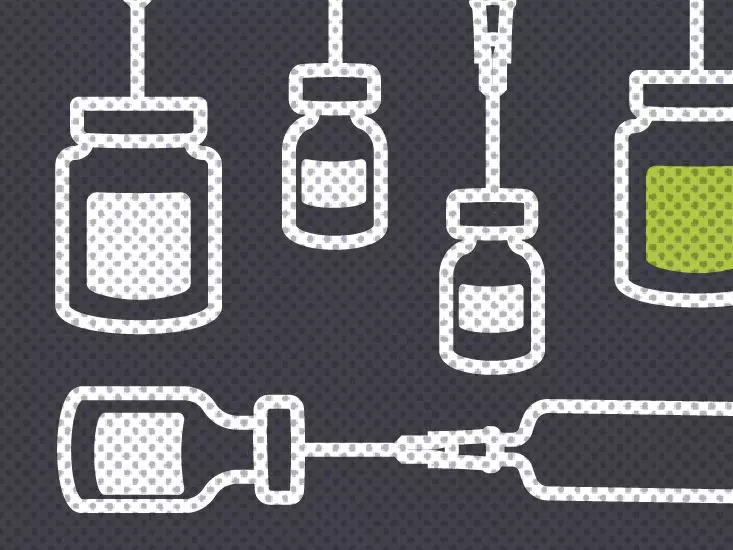Xgeva (denosumab) is a prescription medication for certain bone conditions, available only as a brand-name biologic drug. When considering the cost of Xgeva injections, there are several factors that come into play. These factors include your treatment plan, insurance coverage, choice of pharmacy, the need for additional supplies like needles and syringes, and whether there are savings programs available for Xgeva. The price you pay for Xgeva can vary significantly based on these factors.
Biologic drugs, like Xgeva, can be costly due to the extensive research required to test their safety and effectiveness. Manufacturers of biologic drugs have exclusivity for up to 12 years, allowing them to set high prices for their products. However, when the patent for a biologic drug expires, multiple manufacturers can produce biosimilar versions, leading to increased competition and potentially lower costs for consumers. Biosimilars are similar to biologic drugs but do not require the same expensive testing, making them more affordable alternatives.
If you are struggling to cover the cost of Xgeva injections, there are assistance programs available to help. Programs like the Amgen SupportPlus Co-Pay Program can offer financial support to eligible individuals. Additionally, there are websites that provide information on drug assistance programs, insurance coverage optimization, and savings cards to help reduce out-of-pocket expenses. Seeking out these resources can make managing the cost of Xgeva more manageable.
The price of Xgeva can also be influenced by the dosage and frequency of injections. Most patients receive a 120-mg dose of Xgeva, typically administered every 4 weeks. However, some individuals may require additional doses during the first month of treatment, increasing the monthly cost of the medication. Comparatively, the cost of Xgeva versus Prolia, another medication with the same active ingredient, can vary based on the dosage, frequency of administration, and treatment duration. Your healthcare provider can help determine the most cost-effective option for your specific condition.
For individuals with insurance coverage, factors like prior authorization and type of coverage can impact the cost of Xgeva injections. Prior authorization may be required by your insurance provider before covering Xgeva, and failing to obtain approval could result in higher out-of-pocket costs. Additionally, the way Xgeva doses are billed through either medical coverage or prescription drug coverage can affect the overall price. It is essential to understand your insurance policy and communicate with your provider to navigate the cost of Xgeva effectively.
While Xgeva is a vital medication for managing certain bone conditions, the cost of treatment can be a significant concern for many patients. By understanding the factors that influence pricing, exploring financial assistance options, and communicating with healthcare providers and insurance companies, individuals can make informed decisions about their treatment plan. It is crucial to prioritize both the effectiveness of the medication and its affordability to ensure optimal health outcomes.

